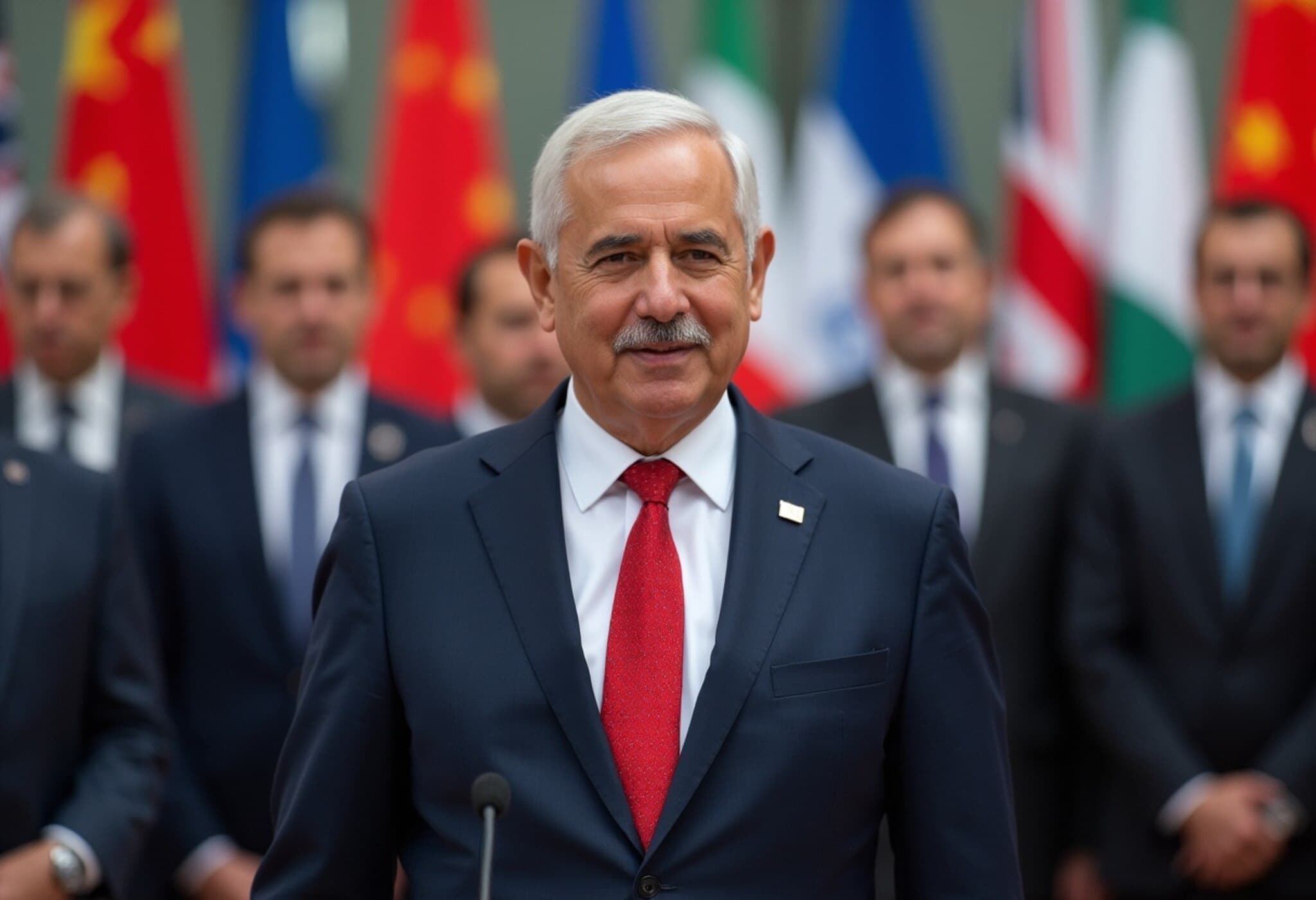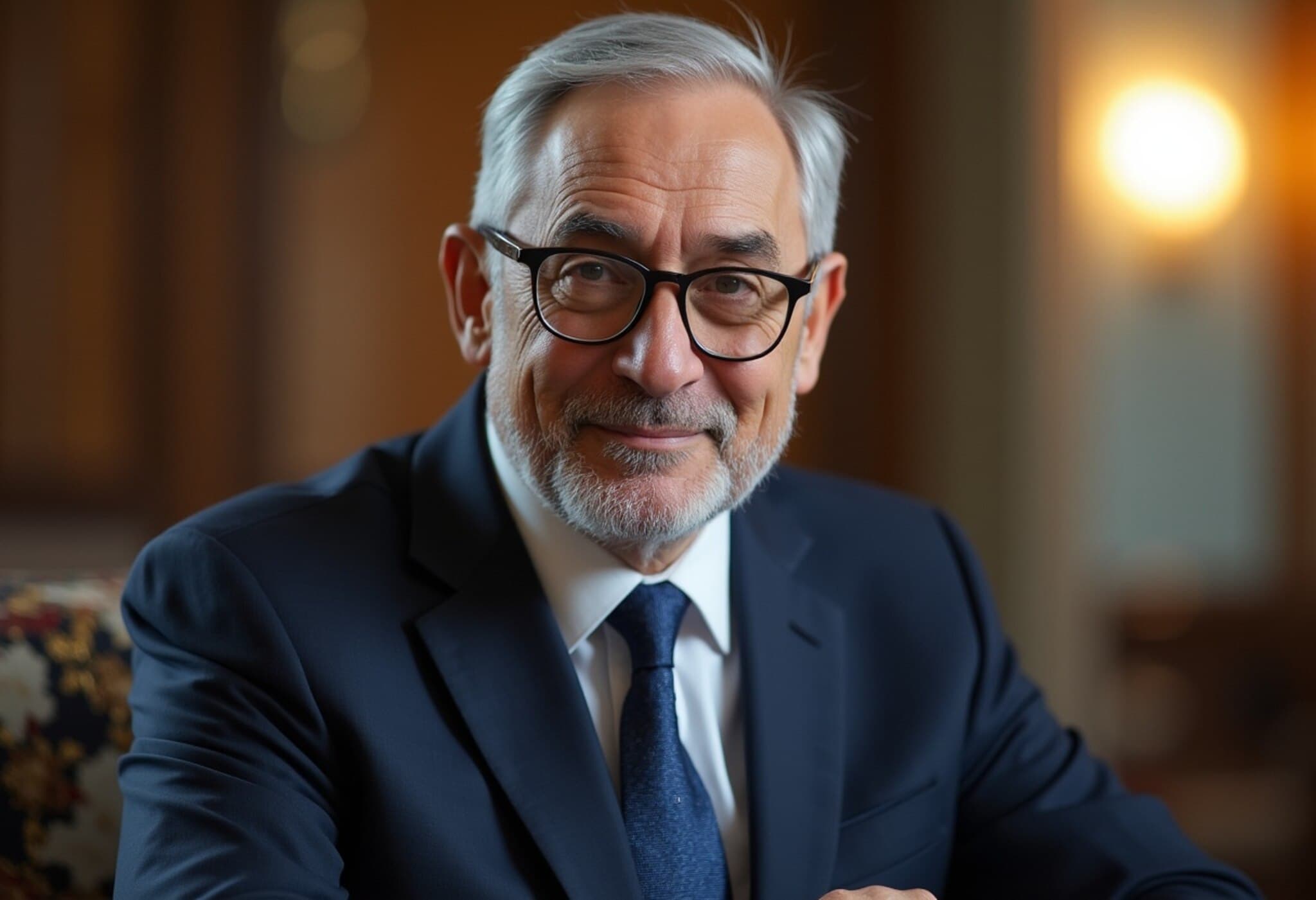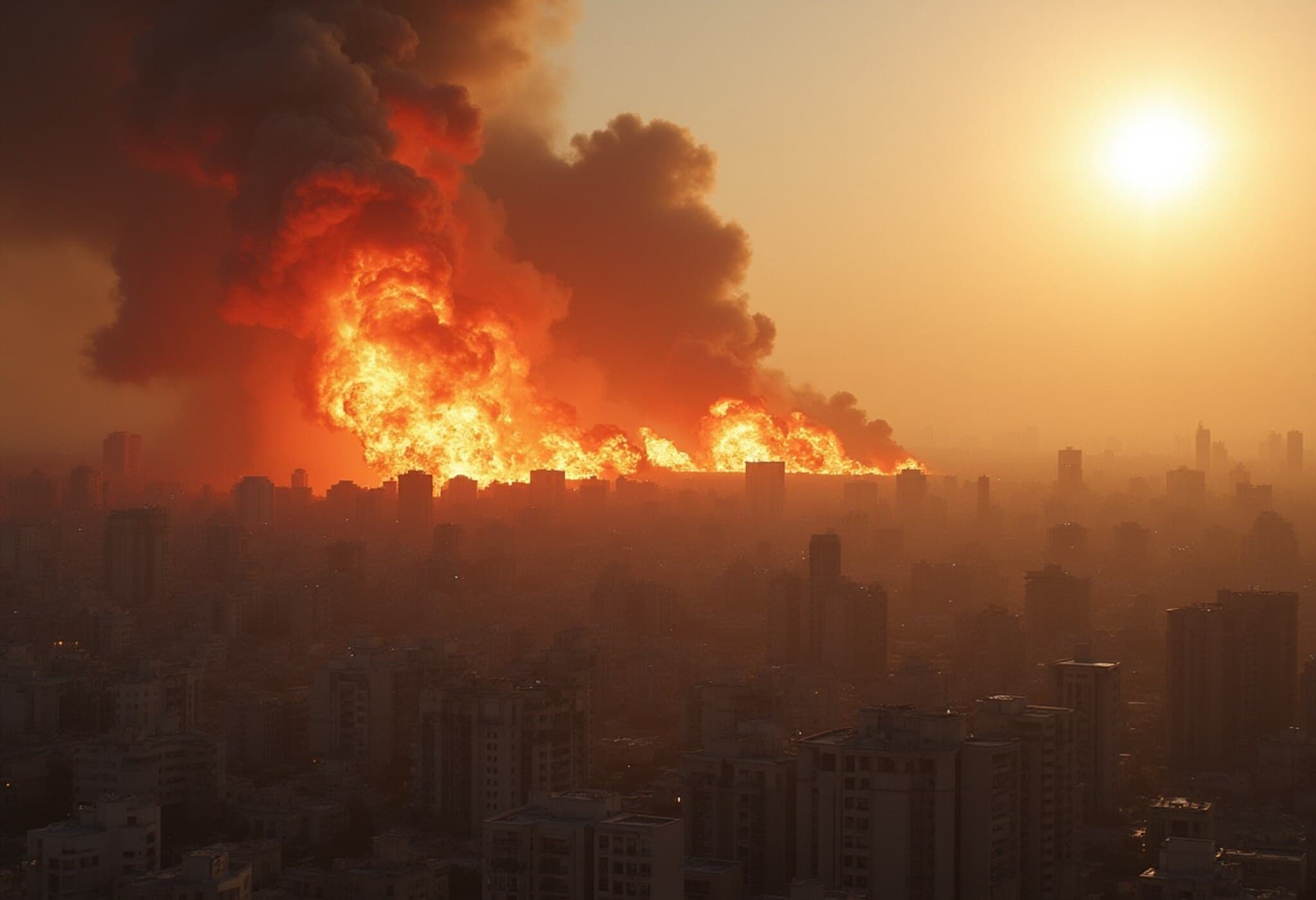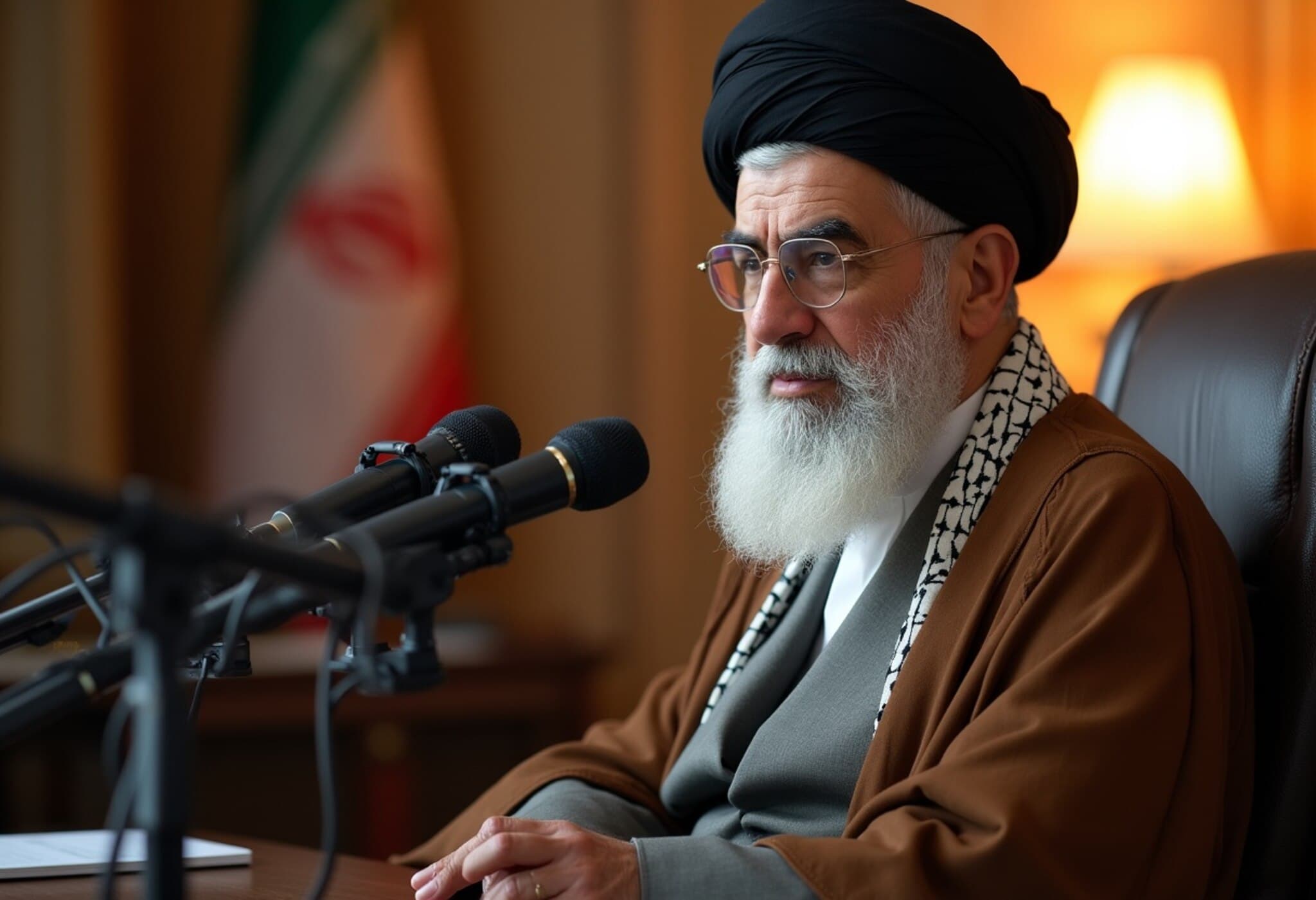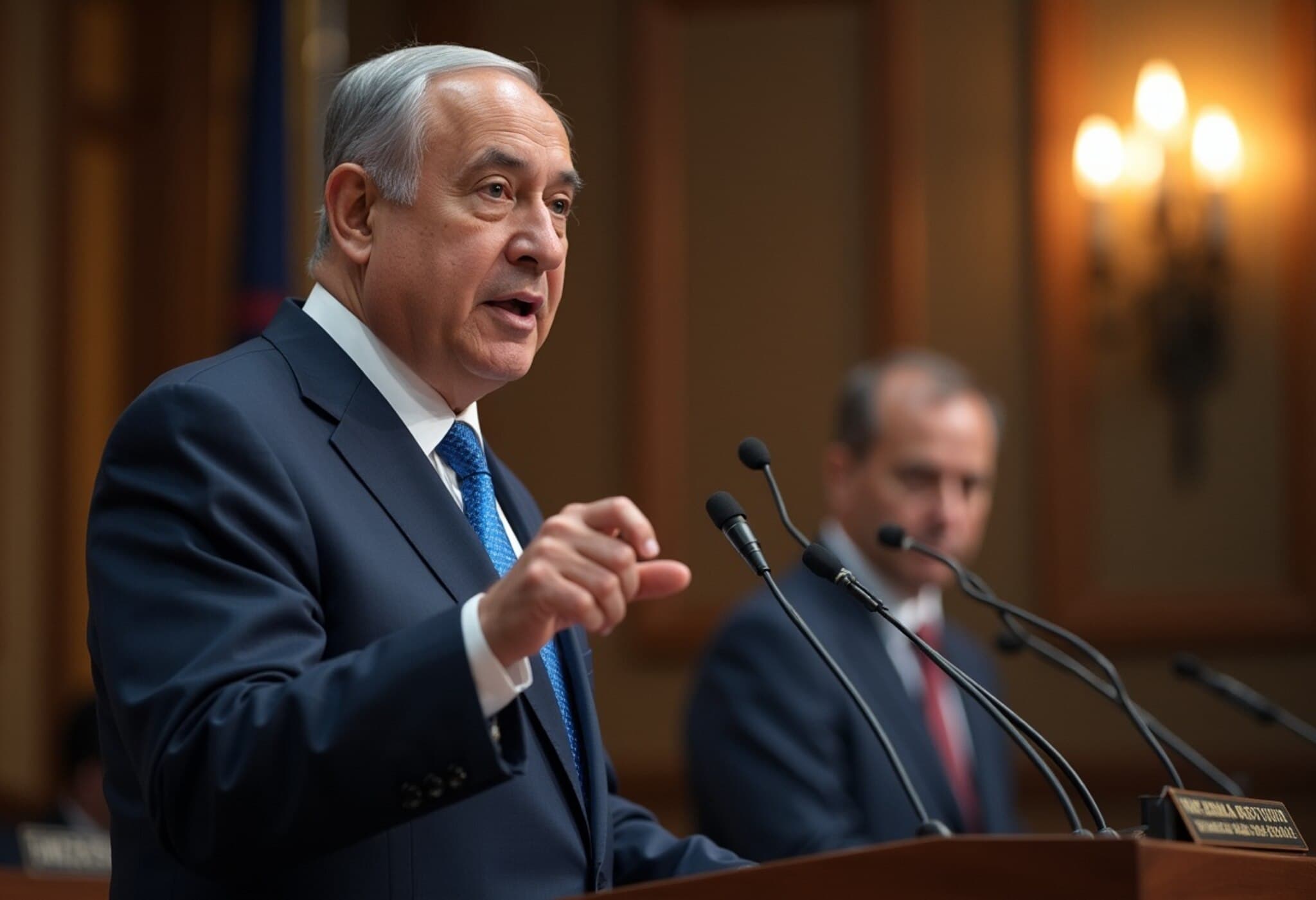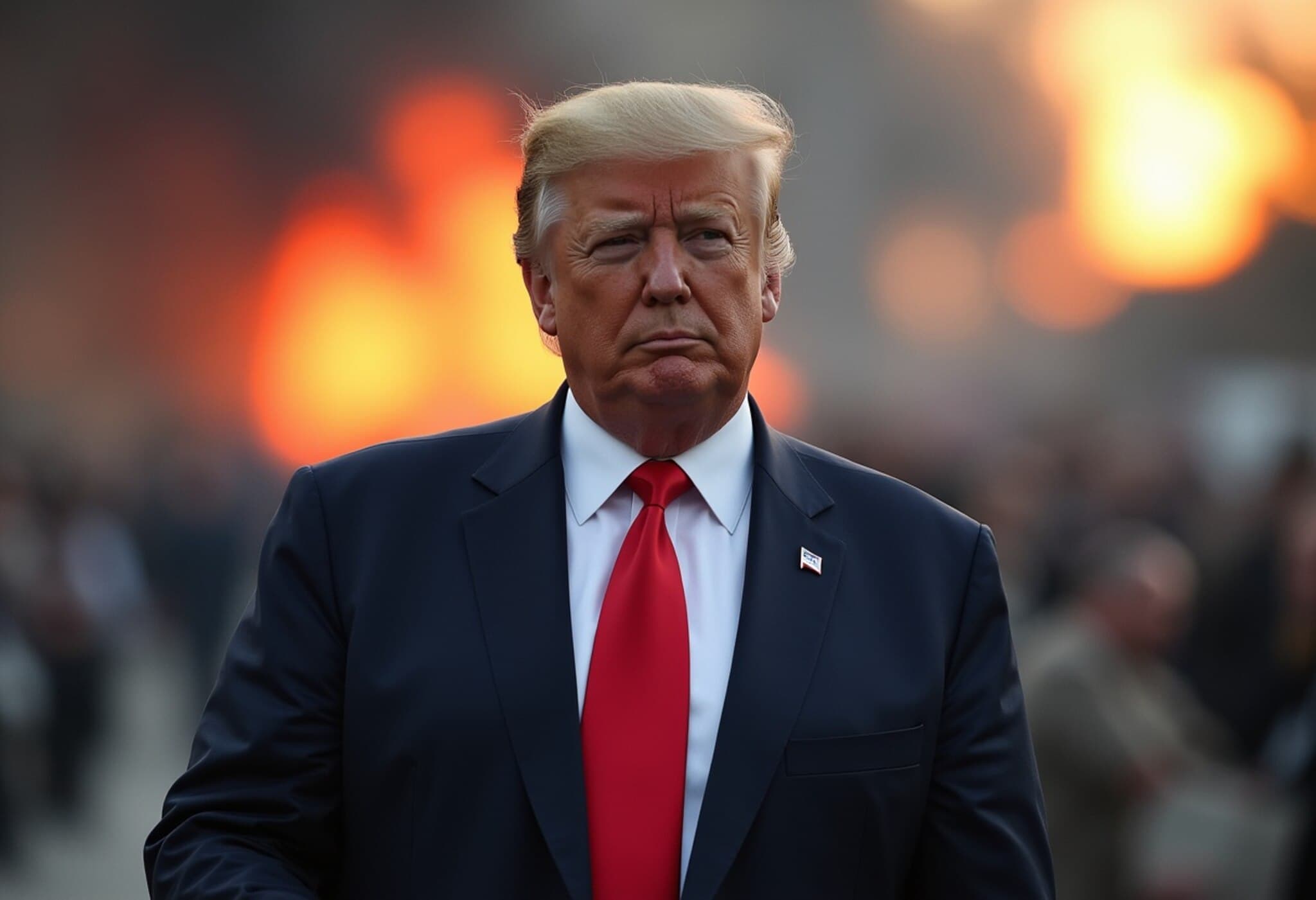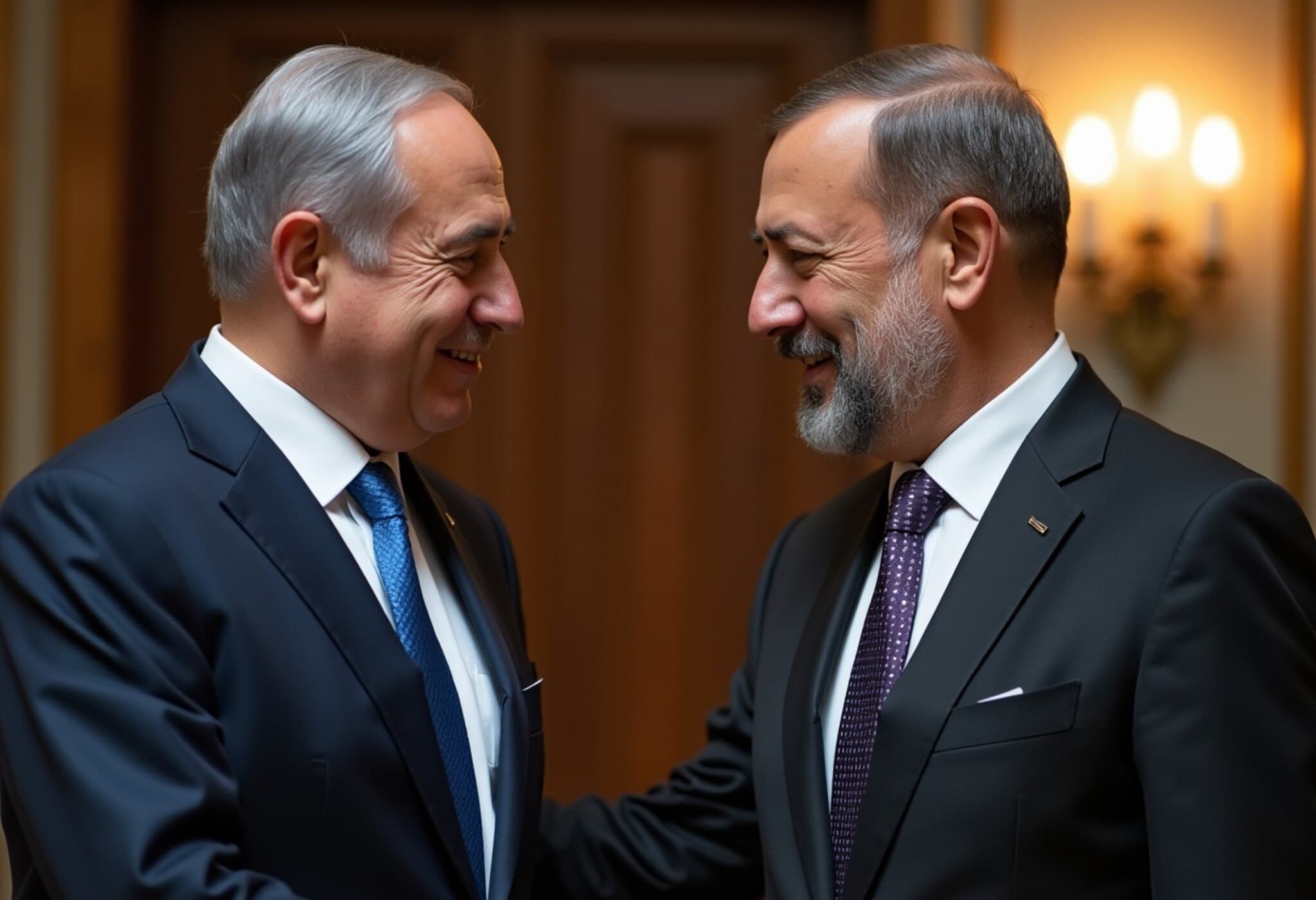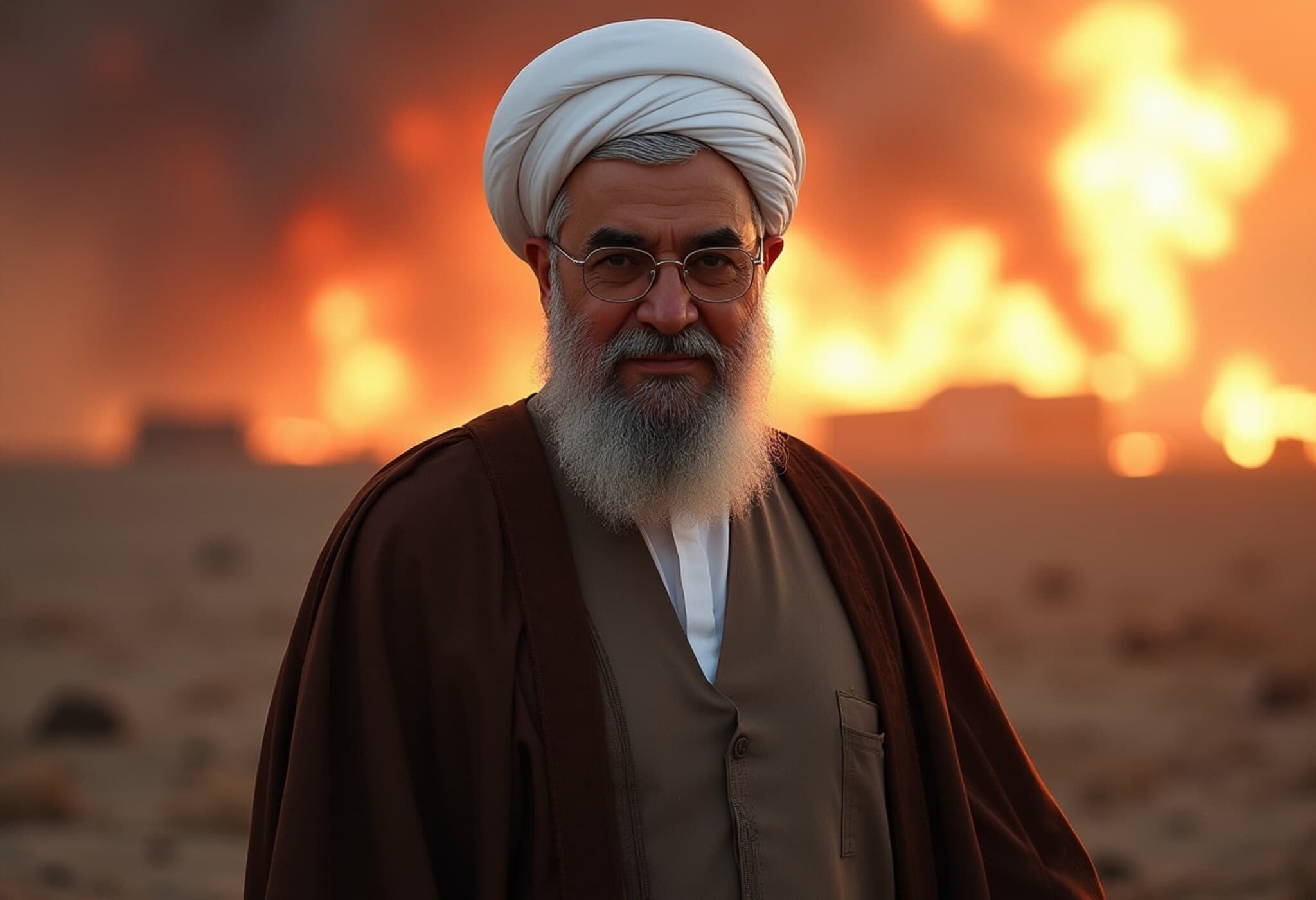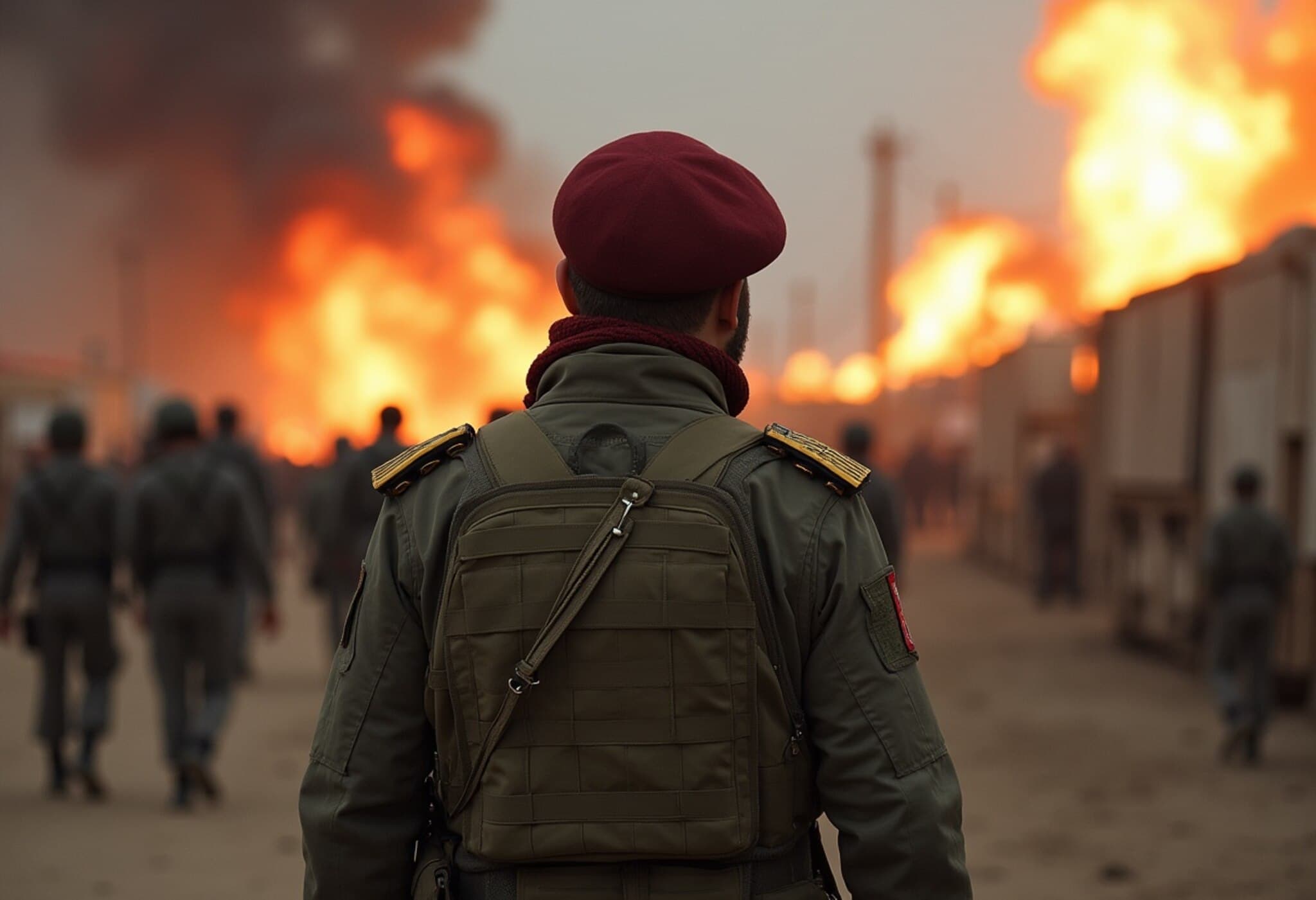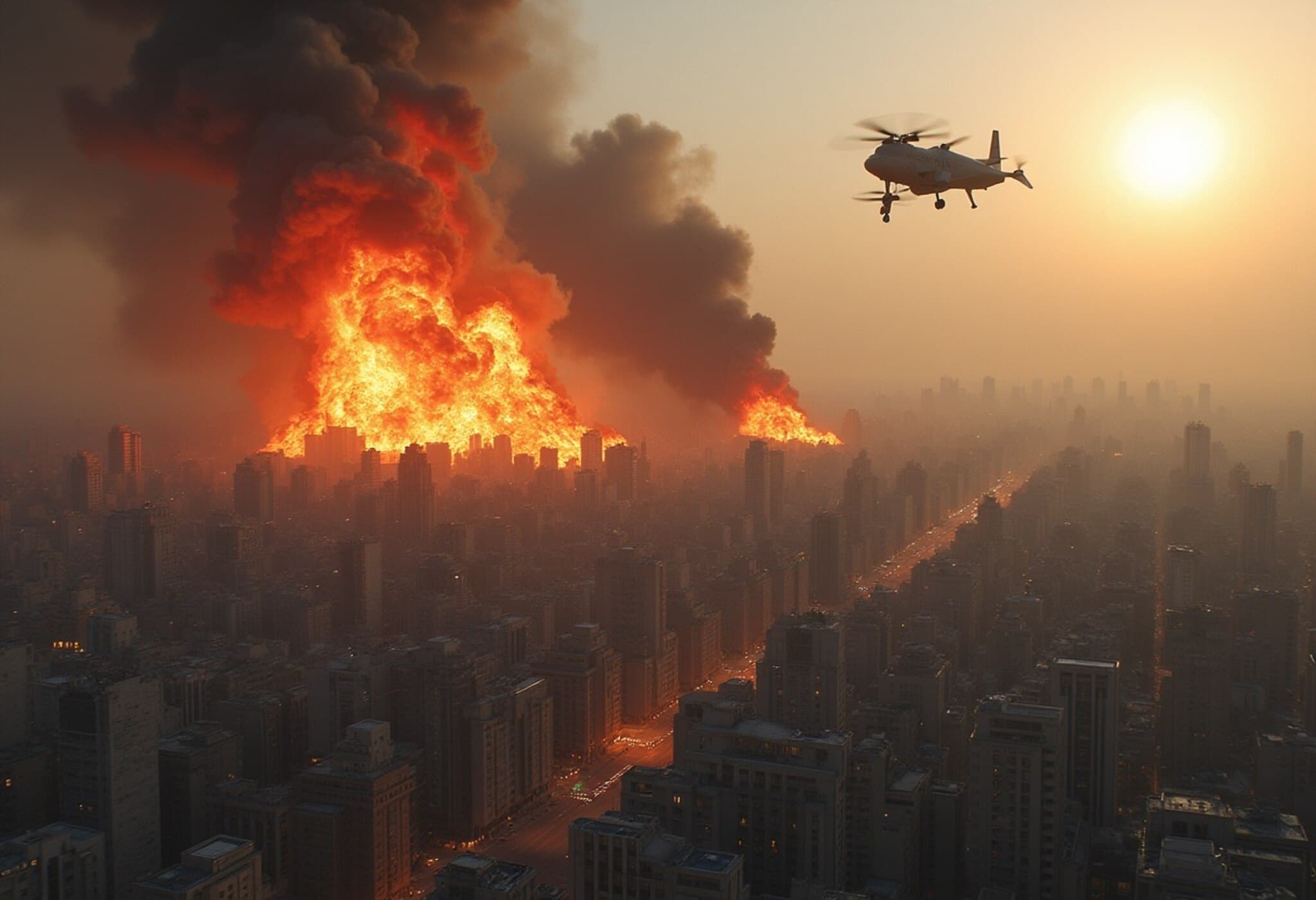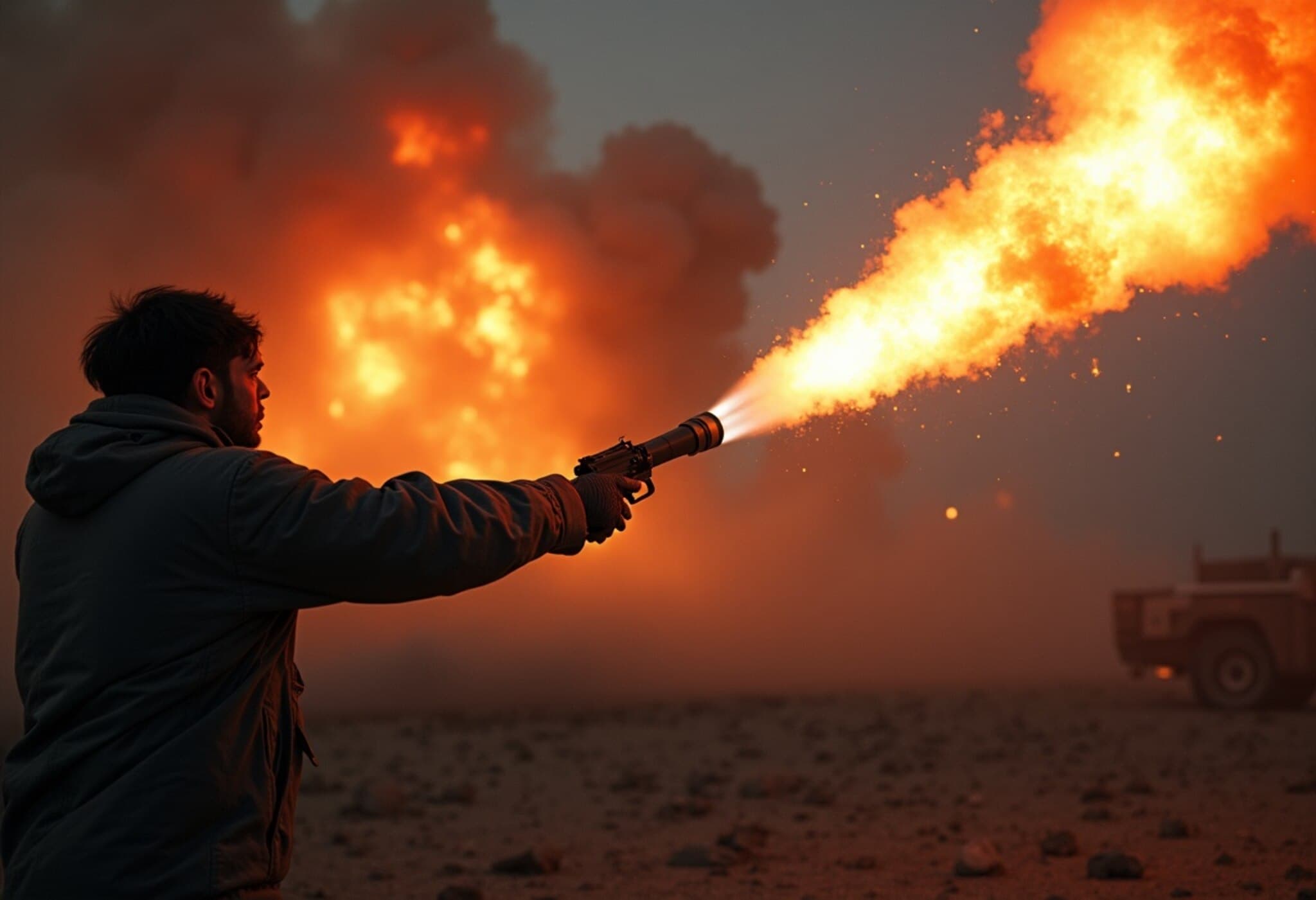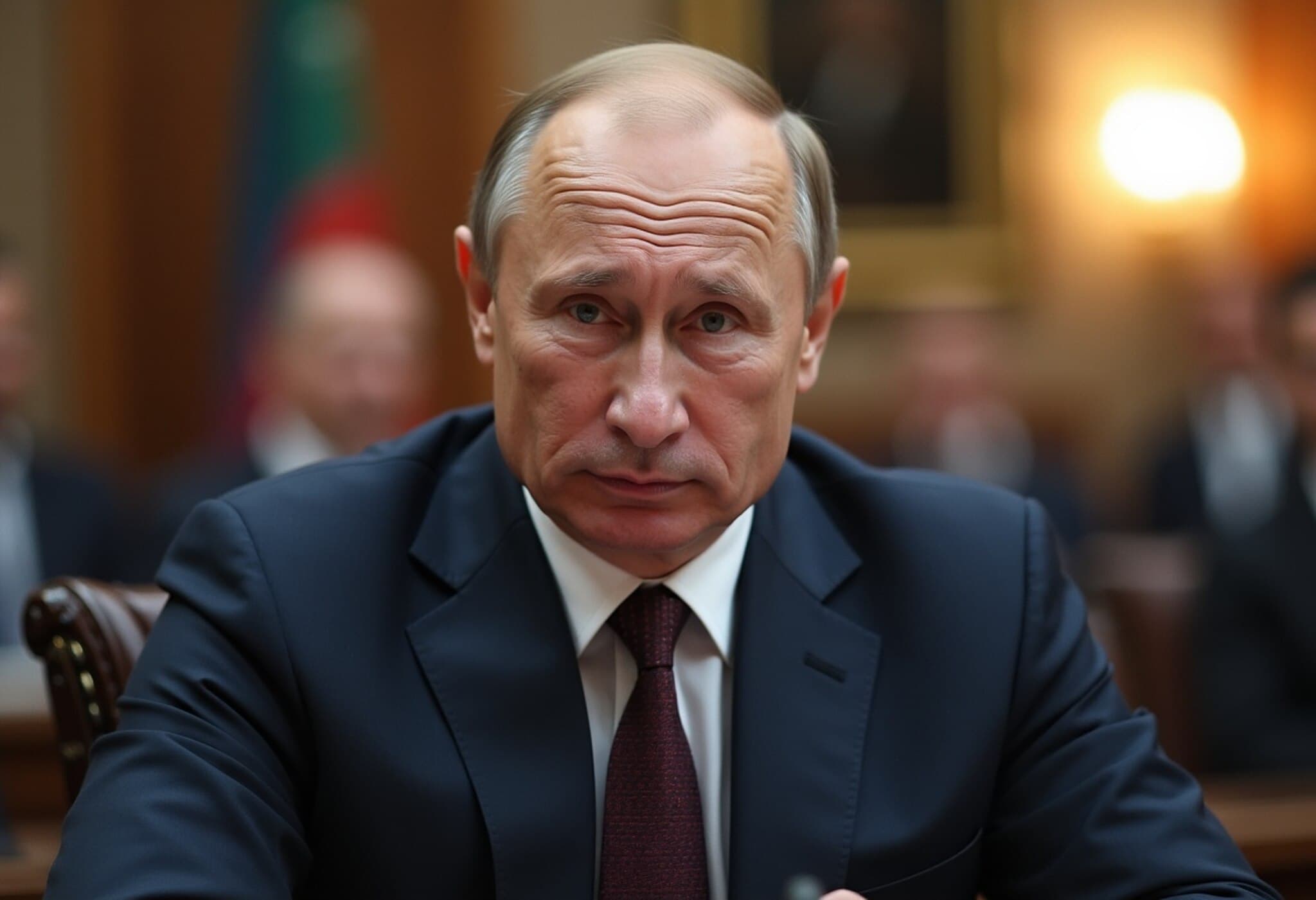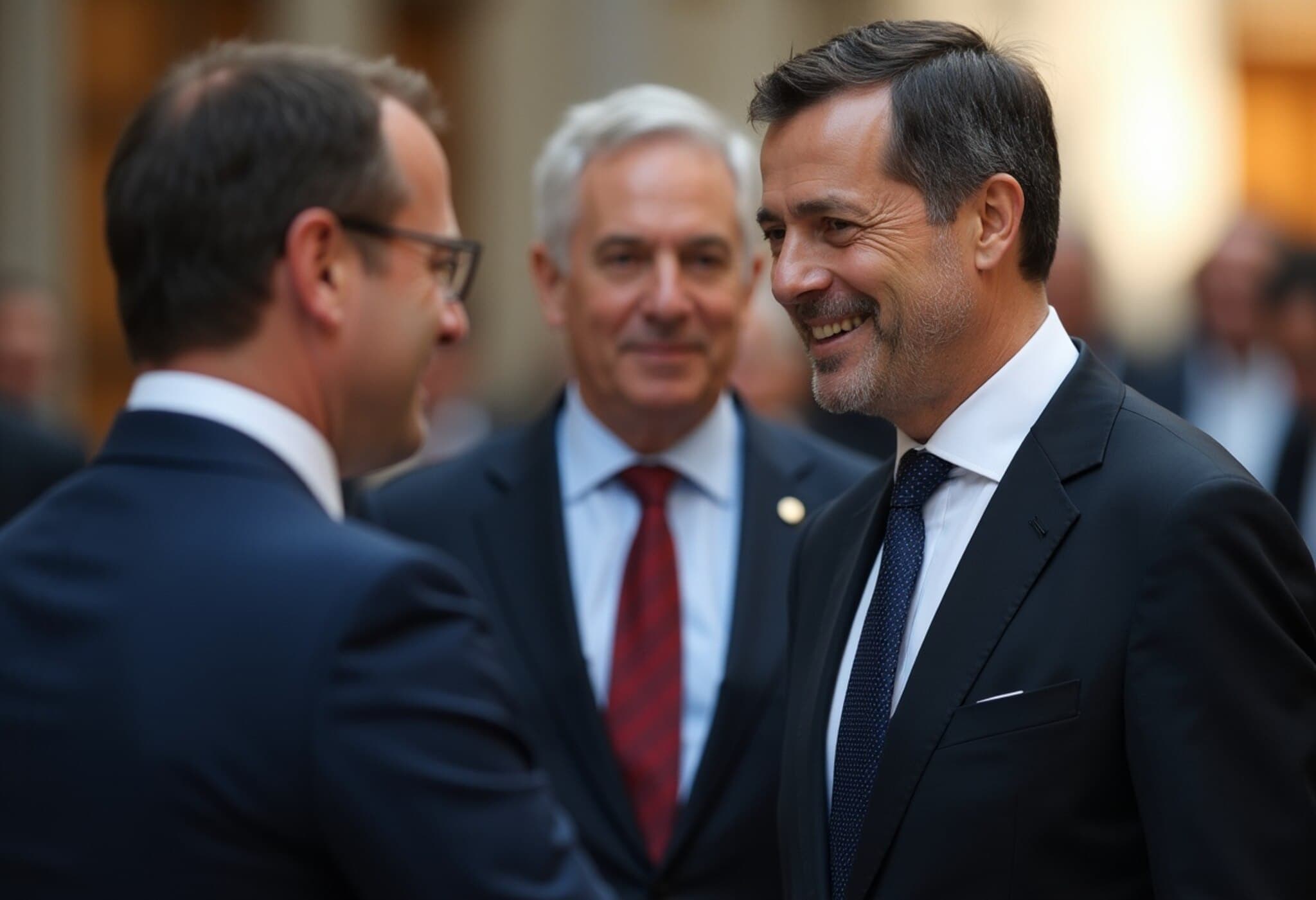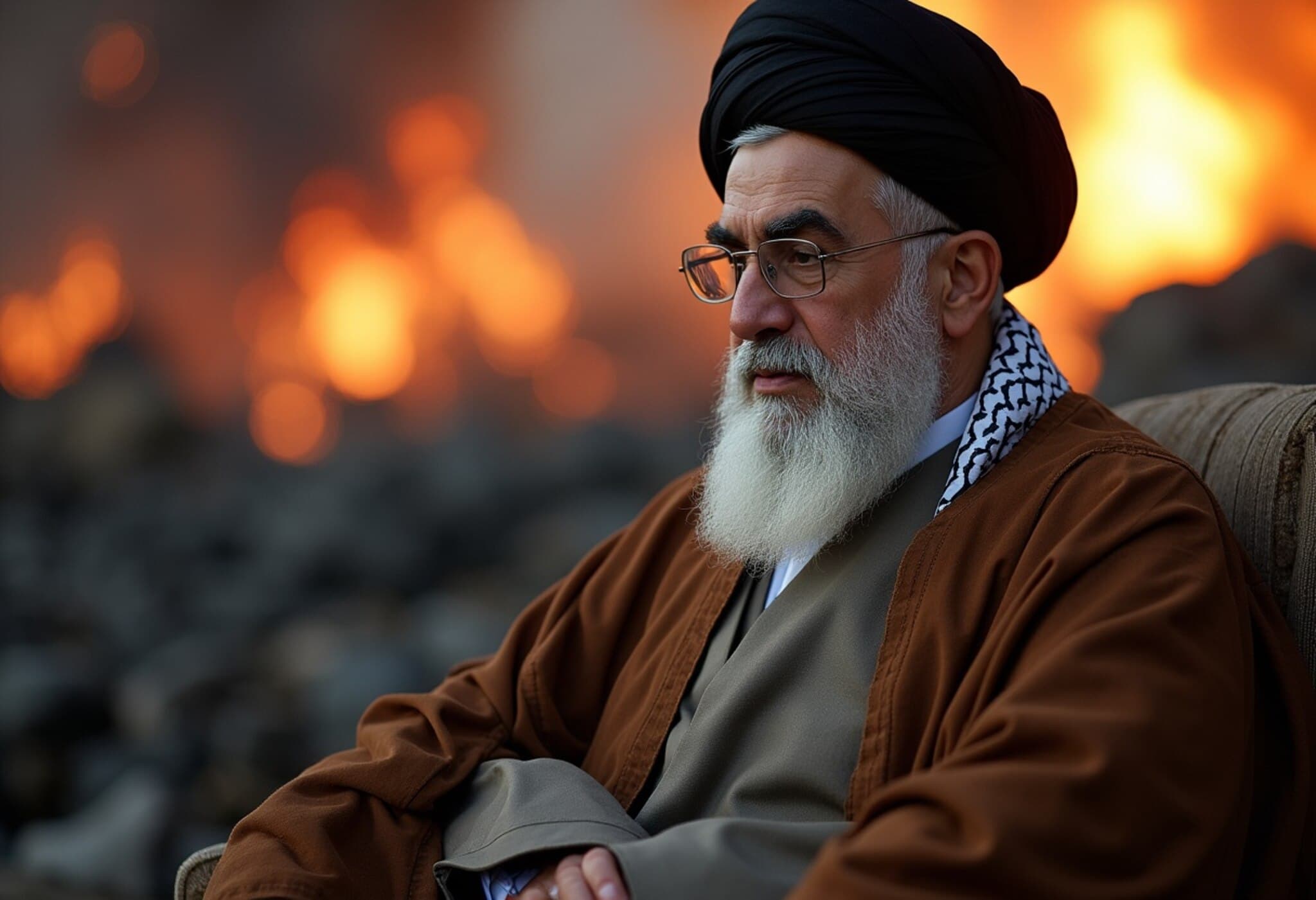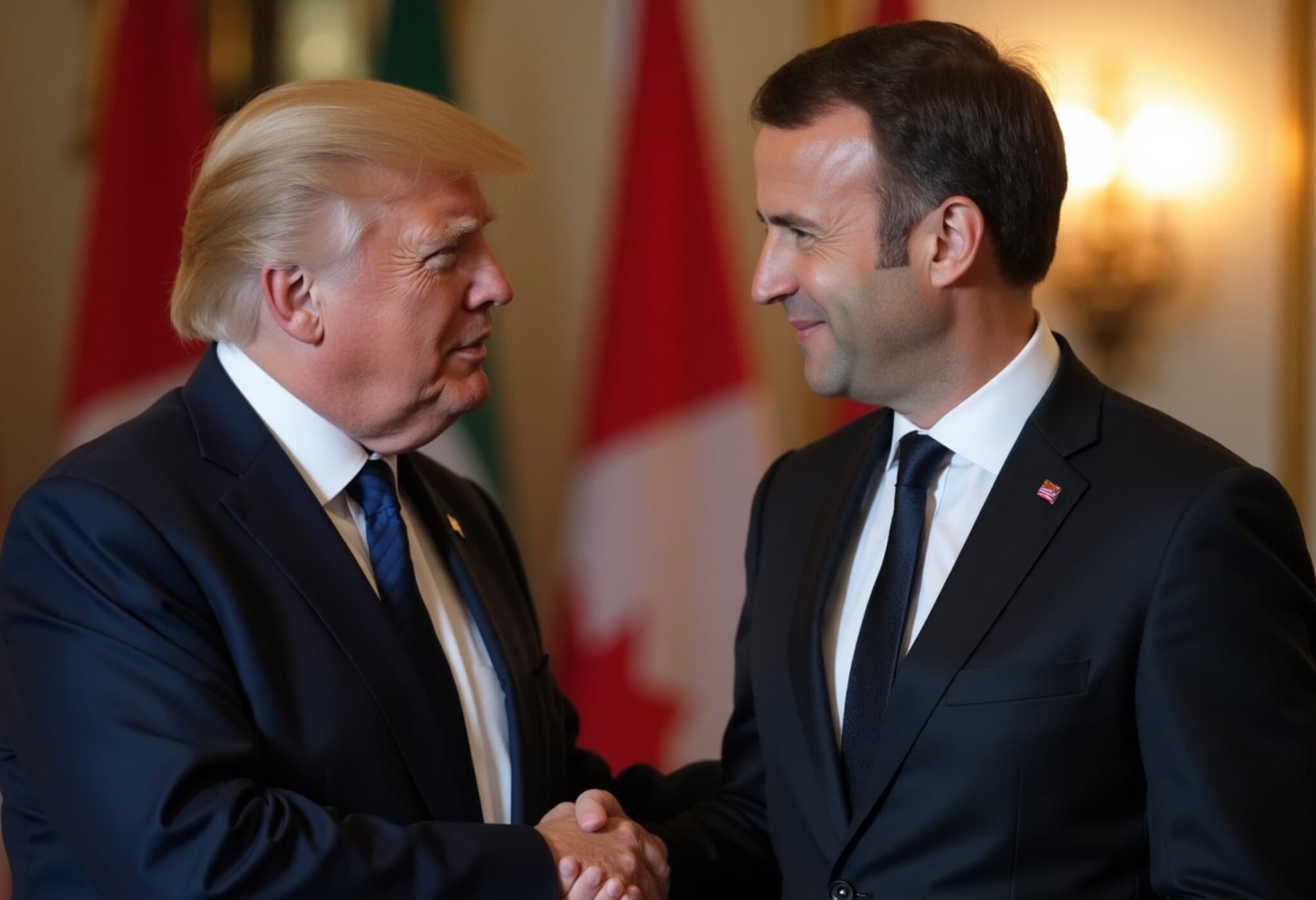G7 Leaders Unite to Support Israel Amid Rising Middle East Tensions
At the recent G7 summit in Kananaskis, Alberta, the world's leading industrialized nations sent a clear message: Israel's right to self-defense is unequivocal. As military strikes continue between Israel and Iran, G7 leaders stood firmly by Israel’s side while urging a broader de-escalation in the Middle East to prevent further turmoil.
Condemning Iran as a Principal Source of Regional Turmoil
In a joint statement released during the summit, the leaders pinpointed Iran as the "principal source of regional instability and terror." The group reaffirmed their commitment to preventing Iran from obtaining nuclear weapons, underscoring the threat this poses to wider global security.
Calls for Ceasefire and Conflict Resolution
Beyond backing Israel’s security, the G7 emphasized the urgent need to resolve the ongoing tensions. They advocated for a ceasefire in Gaza and broader measures aimed at stopping hostilities across the region. These efforts seek to open pathways for diplomatic solutions amid escalating violence.
U.S. President’s Absence Highlights Middle East Focus
Notably, U.S. President Donald Trump opted out of the summit’s second day, citing the unfolding crisis in the Middle East as the reason. This decision reflected the gravity of the situation as global attention remains sharply focused on the region’s volatile dynamics.
The G7’s Broader Agenda Amid Global Economic Concerns
While security concerns dominated discussions, economic issues loomed large. The G7 nations — including the U.S., U.K., Canada, France, Germany, Italy, and Japan, along with representatives from the European Union and various invited countries — debated trade policies, specifically addressing the impact of recent tariff measures pushed by the U.S. administration.
These tariffs have cast a shadow over global economic growth prospects, raising concerns among allied nations about trade stability and cooperation.
Diverging Views on Russia and Ukraine
The group also grappled with tensions surrounding Russia’s ongoing conflict with Ukraine. President Trump expressed reservations about intensifying sanctions on Russia and questioned the effectiveness of Russia’s exclusion from the former G8 in 2014. This stance contrasted with other members eager to maintain pressure on Moscow to encourage negotiations and peace efforts.
China’s Contrasting Approach
Adding another layer of complexity, China condemned Israel’s military actions against Iran while positioning itself as a potential mediator. Chinese Foreign Minister Wang Yi communicated to both Israeli and Iranian leaders China’s readiness to contribute constructively to calm the escalating tensions, highlighting differing international approaches to the conflict.
Looking Ahead: A Call for Unified Action
The G7 summit underscored the intricate balance between supporting allies, managing economic policies, and navigating diplomatic challenges in a rapidly changing global landscape. As the Middle East situation evolves, global leaders face mounting pressure to coordinate efforts that ensure security, stability, and sustained growth.

